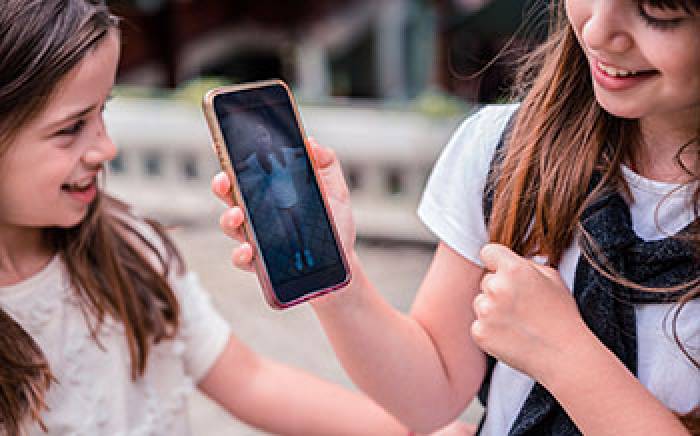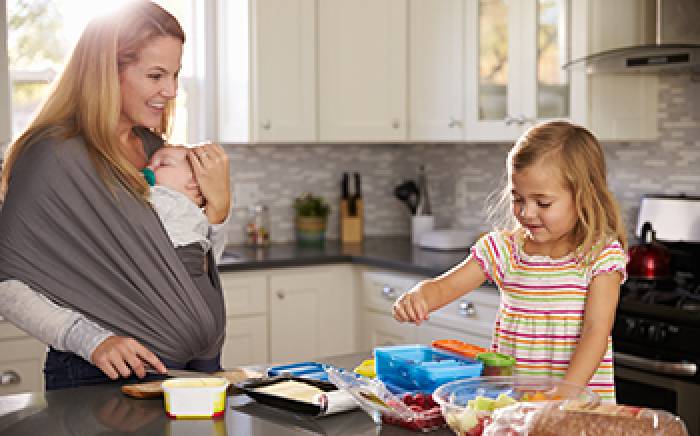Parents are the first line of support and advice for their children, regardless of orientation or identity.
Limiting a child’s exposure to adversity is a goal that all parents share. However, this goal can be especially difficult for parents of lesbian, gay, bisexual, transgender and queer (LGBTQ) children.
While parents of LGBTQ children play a large role in helping create a more inclusive community, all parents can lend a hand by talking with their children and teaching them the importance of being kind.
“We want all of our children to stand up for what’s right and to protect people who are being attacked in some way,” says Sarah Garwood, MD, co-director of the Washington University Transgender Center at St. Louis Children’s Hospital. “Even if your child hasn’t come out to you—even if they never will—be an ally and teach your children to be allies.”
Open Communication
Sometimes, the hardest part for a parent is knowing when to have and where to begin the conversation about orientation and gender identity. Dr. Garwood offers a few tips to help get the conversation started, and how to inspire community acceptance:
- Explore gender vs. sex. “Most children have a sense of gender between the ages of two and five,” Dr. Garwood says. “For about 99 percent of the population one’s gender identity matches his biologic sex.”
- Explain what LGBTQ means. In an age-appropriate way, communicate to your child what each letter of the acronym of LGBTQ stands for and what they mean. Dr. Garwood shares tips for talking with your children in a video at ChildrensMD.org.
- Set a good example. It is important to know that your words and actions will teach your child—whether good or bad—how to interact with people. Set an example of acceptance and kindness for her and avoid shaming her for having friends who may be part of the LGBTQ community.
- Try not to show distress. If your child has come out to you, it is normal that it may take you some time to adjust to the information. Keep your emotions and thoughts in check when talking to your child. It is hard enough for him, and thinking he has upset you can make it even harder.
- Utilize resources. “Support groups like Gay-Straight Alliances and other high school clubs are good ways to expose children to like-minded peers,” Dr. Garwood says. “Growing American Youth is an example of a local support organization in the St. Louis area that has served LGBTQ children and adolescents for over 30 years.”
The new Washington University Transgender Center at St. Louis Children’s Hospital provides multidisciplinary care in a safe, supportive and welcoming environment. Make an appointment by calling 314.454.KIDS or 800.678.KIDS (5437).






